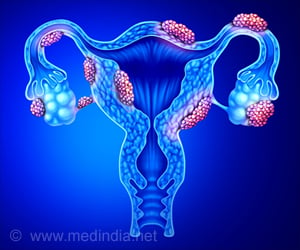Teenage birth control pill users were 1.7 times to three times more likely to be clinically depressed in adulthood, compared to women who started taking birth control pills as adults, found new study.

‘Teenage birth control pill users were 1.7 times to three times more likely to be clinically depressed in adulthood, compared to women who started taking birth control pills as adults, and to women who had never taken birth control pills.’





The study is the first to look at oral contraceptive use during adolescence and its link with women's long-term vulnerability to depression. Depression is the leading cause of disability and suicide deaths worldwide, and women are twice as likely as men to develop depression at some point in their lives. "Our findings suggest that the use of oral contraceptives during adolescence may have an enduring effect on a woman's risk for depression--even years after she stops using them," said Christine Anderl, the study's first author and a UBC psychology postdoctoral fellow. "Adolescence is an important period for brain development. Previous animal studies have found that manipulating sex hormones, especially during important phases of brain development, can influence later behaviour in a way that is irreversible."
The researchers analyzed data from a population-representative survey of 1,236 women in the U.S. and controlled for a number of factors that have previously been proposed to explain the relationship between oral contraceptive use and depression risk. These include age at onset of menstruation, age of first sexual intercourse and current oral contraceptive use.
While the data clearly shows a relationship between birth control use during adolescence and increased depression risk in adulthood, the researchers note that it does not prove one causes the other.
"Millions of women worldwide use oral contraceptives, and they are particularly popular among teenagers," said Frances Chen, the study's senior author and UBC psychology associate professor. "While we strongly believe that providing women of all ages with access to effective methods of birth control is and should continue to be a major global health priority, we hope that our findings will promote more research on this topic, as well as more informed dialogue and decision-making about the prescription of hormonal birth control to adolescents."
Advertisement
Source-Eurekalert















